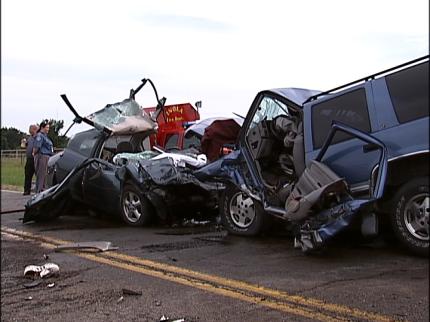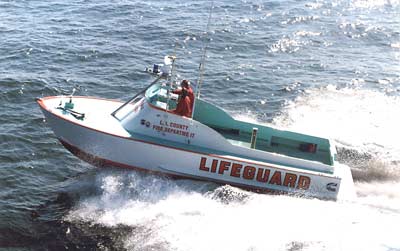I’ve been using ideas from George Hillocks, Jr.’s Teaching Argument Writing (Heinemann) in my classroom for some months now. South Carolina’s shift to the Common Core standards necessitates a shift in writing focus to argumentative writing, which is not the same as persuasive writing. The latter relies on rhetorical tricks — arguments from emotion, arguments from authority, etc. — while the former involves claims, counterclaims, evidence, warrants, backing, and a host of other rhetorical goodies.
We’ve been working on “how to develop and support criteria for arguments” (to quote Jim Burke’s blurb about the book), and one of the things Hillocks suggests is to use inductive reasoning to determine some general criteria from specific examples. The extended example he uses in his book is about courage, and since that fits perfectly with my current district-mandated heros-theme unit (the theme is mandated, not the unit itself — well, not entirely), I thought I would use it as is, out of the box, so to speak. Hillocks provides specific scenarios for students to discuss and generalize about. I gave students all the scenarios and told the groups to choose five.

We began working as a class so we could get the feel for the work, and I gave them as an example the easiest.
In the small town of Clinton, teenage boys liked to play “chicken” with their cars. Two boys raced their cars directly at each other. The first boy to swerve to avoid the crash lost. Were the boys courageous when they played “chicken”?
Obviously, the boys of Clinton might be foolhardy or immature, but a courageous act this is not. Indeed, it somehow seems to be the opposite of courageous. Yet a handful of students doggedly insisted, against the judgment of the rest of the class that this acts lack of overriding noble cause (not their exact words) made this foolish at best, that this was a very courageous act.
“They’re risking their lives! They could die!” they persisted.

I thought it might be a fluke, perhaps some kids insisting on playing devil’s advocate. But these same kinds held the same line in all similar scenarios.
Harry learned that millions of dollars in gold would be moved by train from Washington, D.C. to Chicago. He knew it would be heavily guarded and protected by the very best alarm systems. The security guards were top-notch and heavily armed. Harry and his two companions were also heavily armed when they dropped from a bridge to the top of one of the train’s boxcars. They immediately took fire from a guard stationed on the top of another car. They returned fire, killing the guard. Was their attempt to steal the gold courageous?

Who cares about these guys’ motivation? Who cares that they were violating countless moral dictates and laws for material personal gain: these guys were risking their lives and that made their acts courageous.
On the oceanfront, Mr. Jones heard a swimmer shouting for help. He saw sights indicating that this part of the beach was extremely dangerous because of undertows. A lifeguard asked Jones to help him move a boat into the water to be used to help rescue the drowning man. Instead, Jones said, “Don’t be silly!” He ran into the water to swim out to the drowning person. Was Jones’s effort to save the swimmer courageous?
Who cares that the lifeguard clearly knows something Mr. Jones doesn’t, hence his insistence on using the boat? Who cares that in acting impetuously, Mr. Jones was likely giving the lifeguard another potential victim. He was risking his life, and that’s all that matters.
I know of course that much of this is a function of age: thirteen-year-olds are quite fond of justice and courage, and they see the lack of the former in as many places as they see examples of the latter.
0 Comments